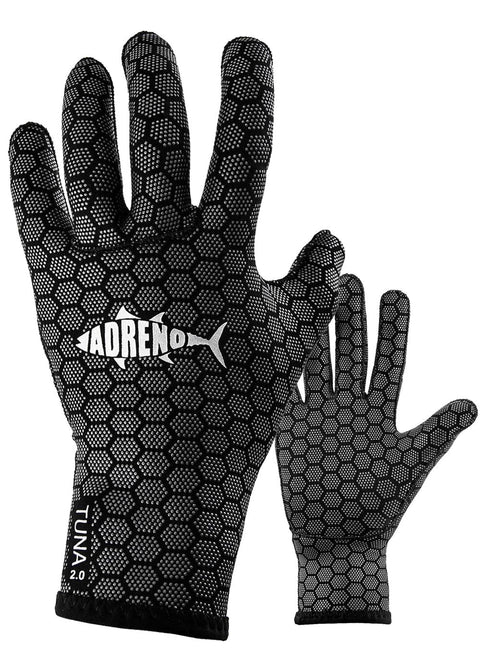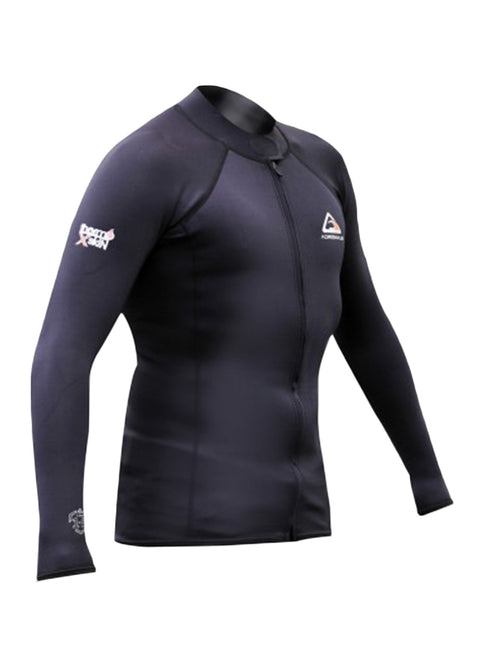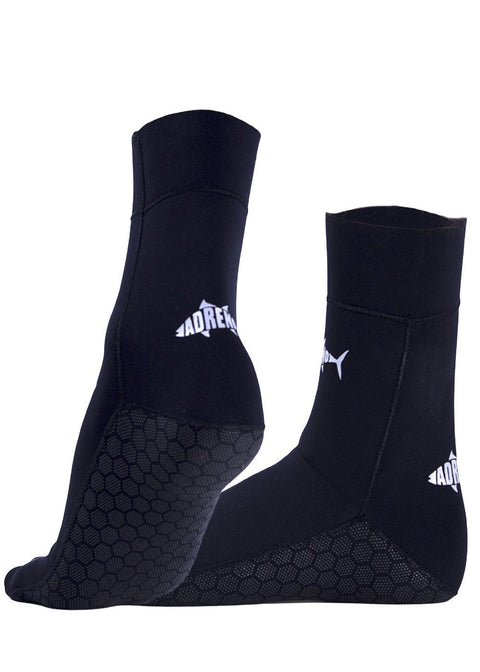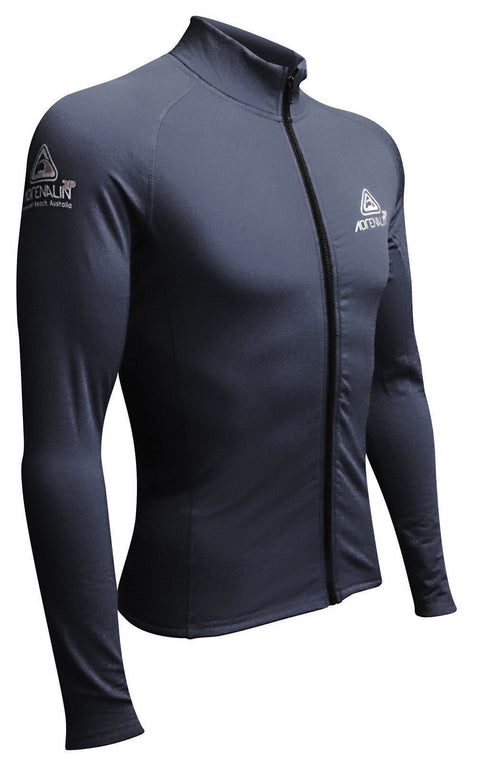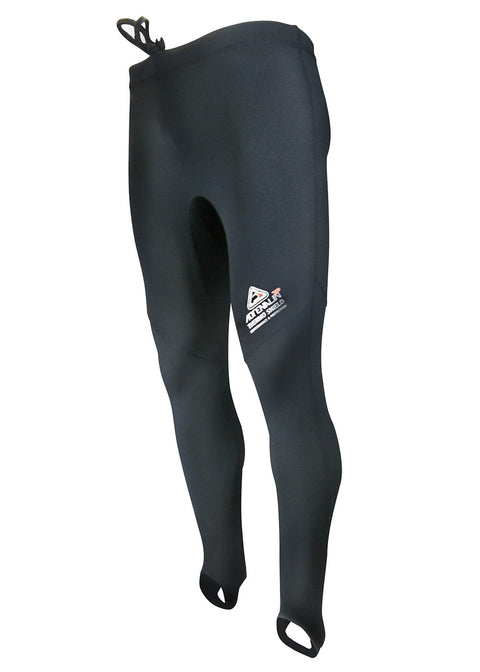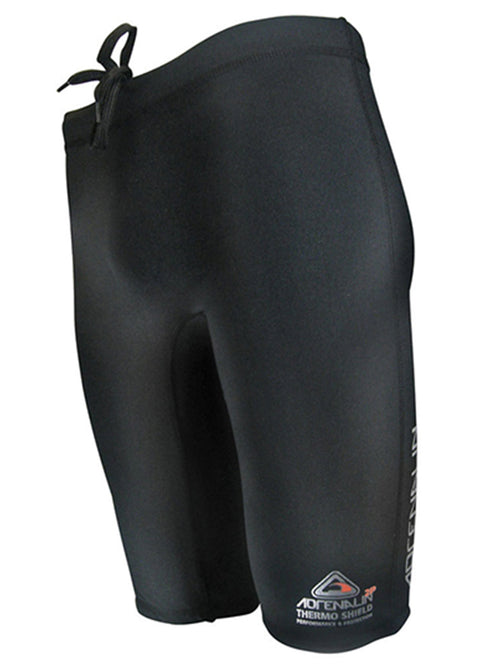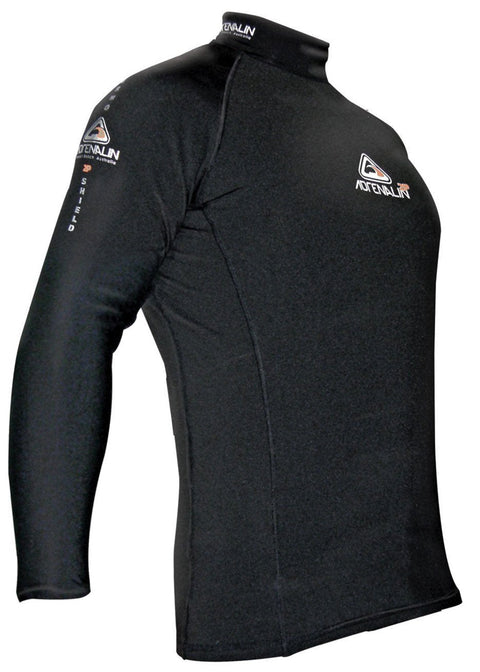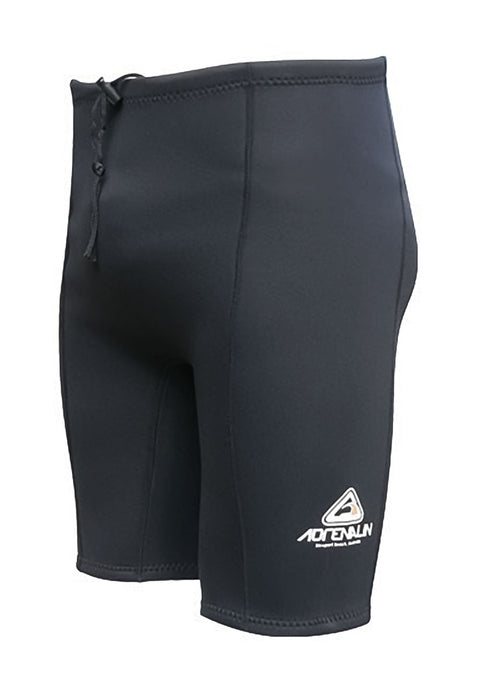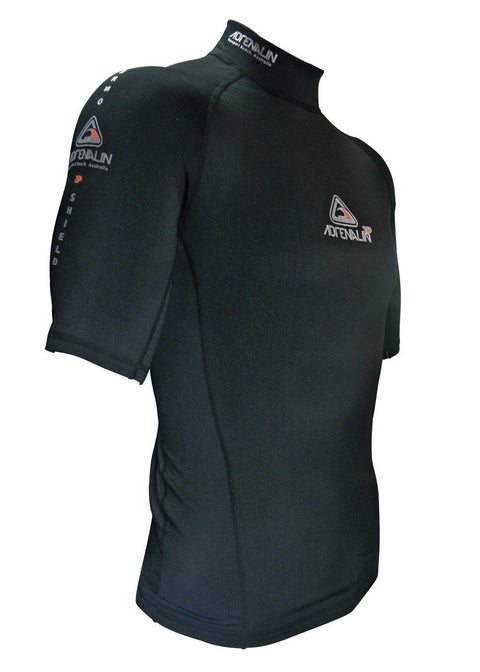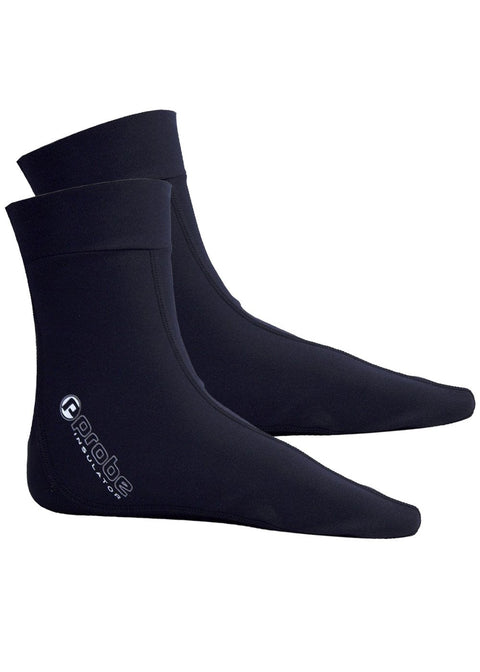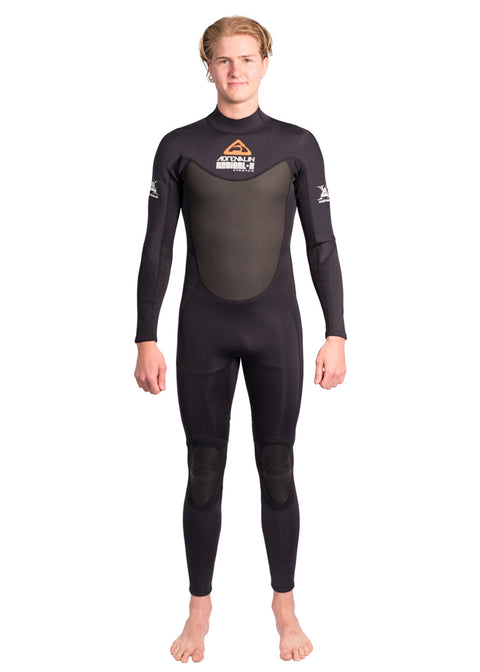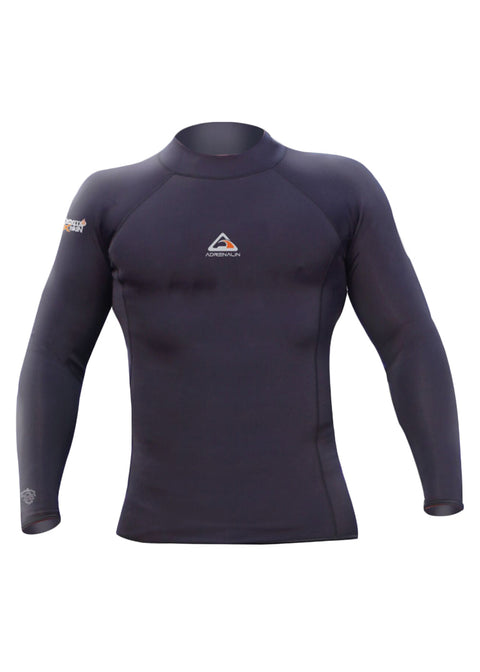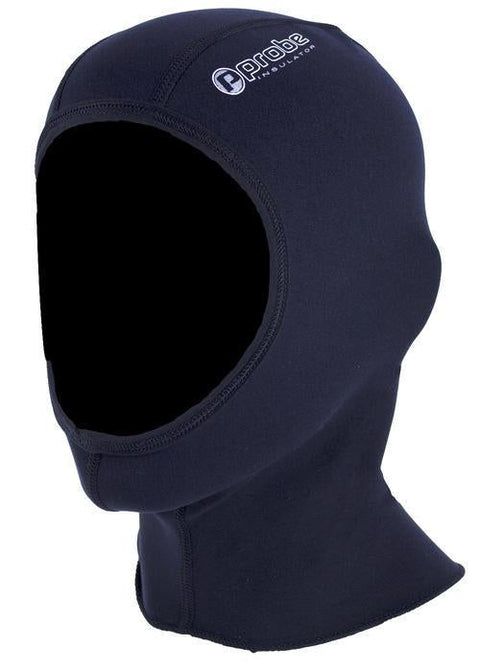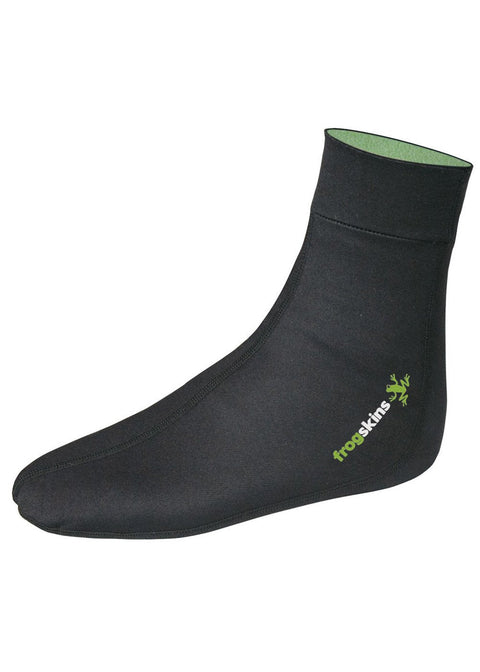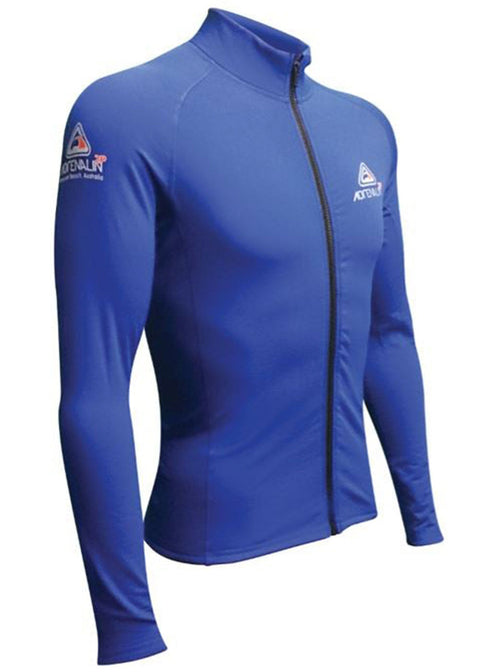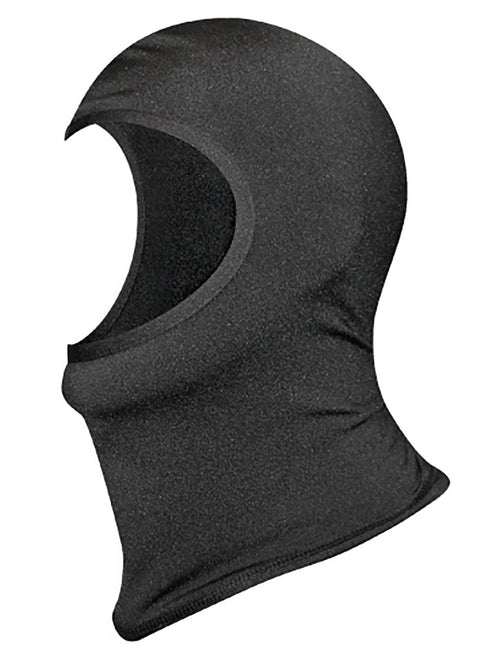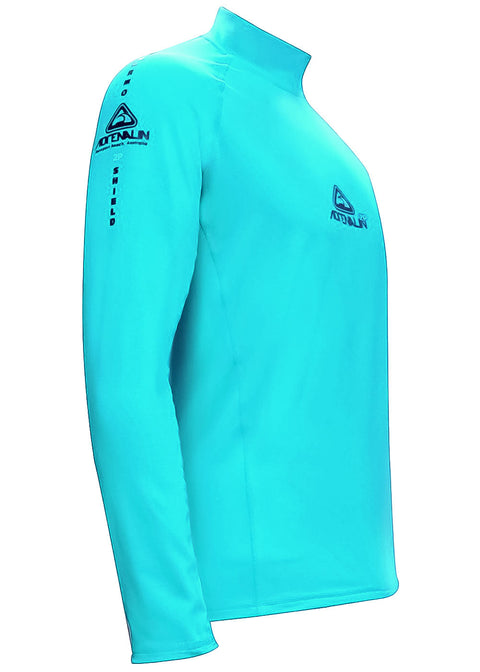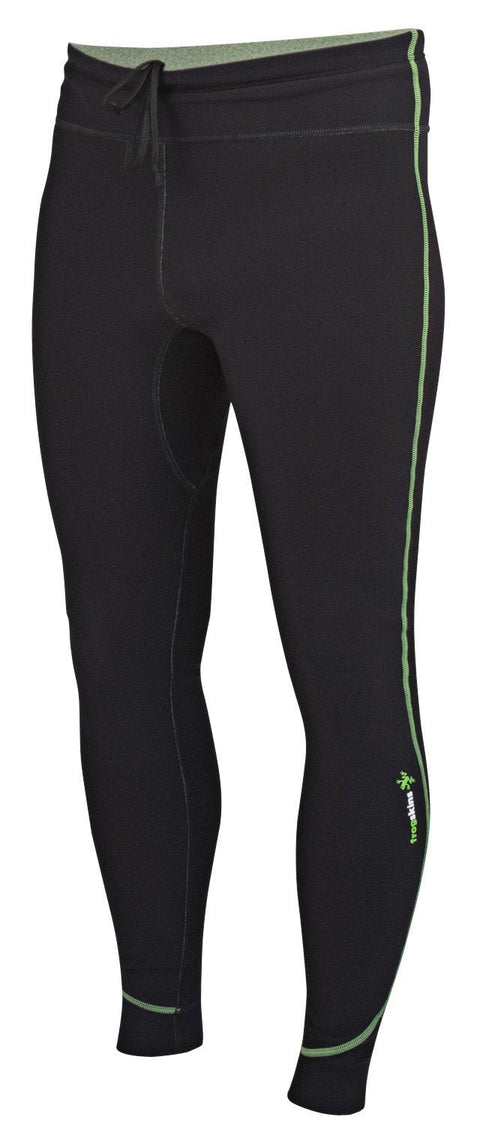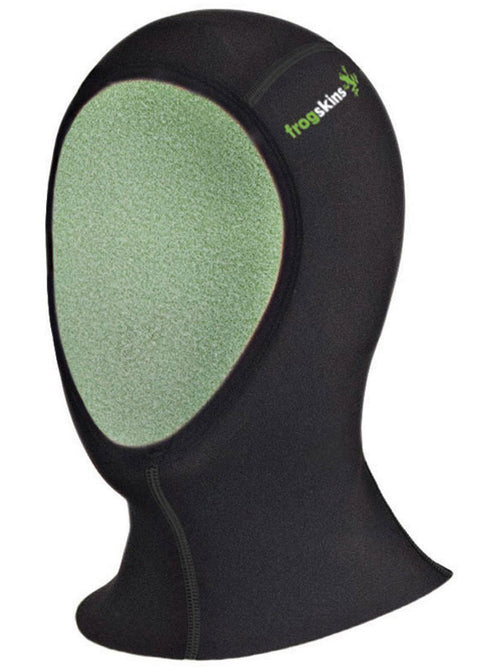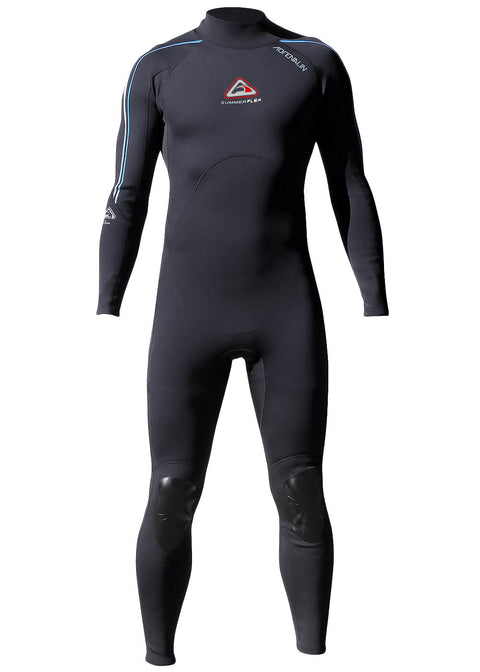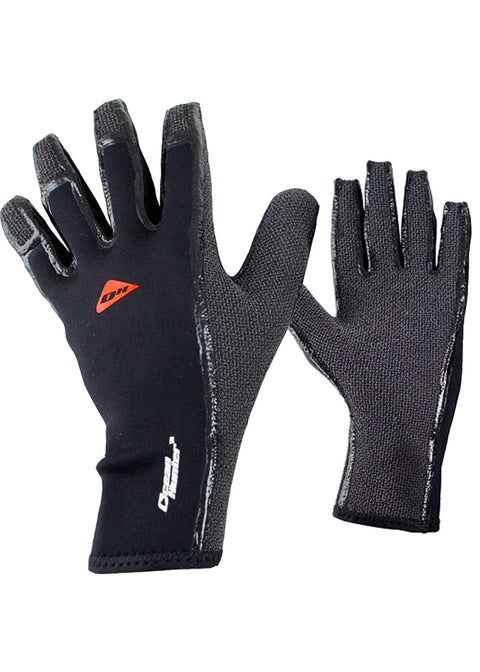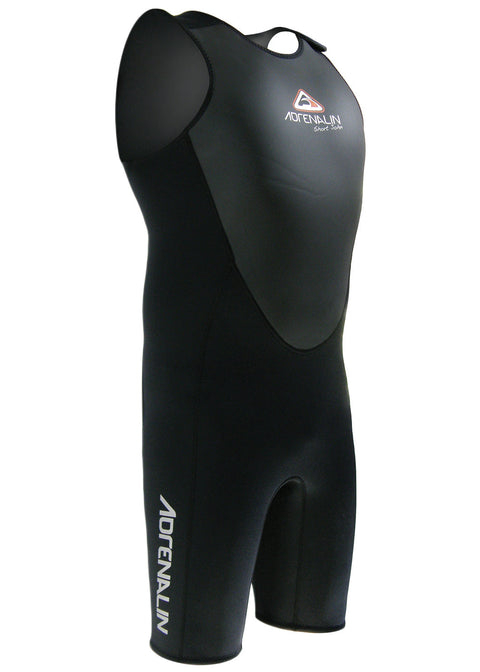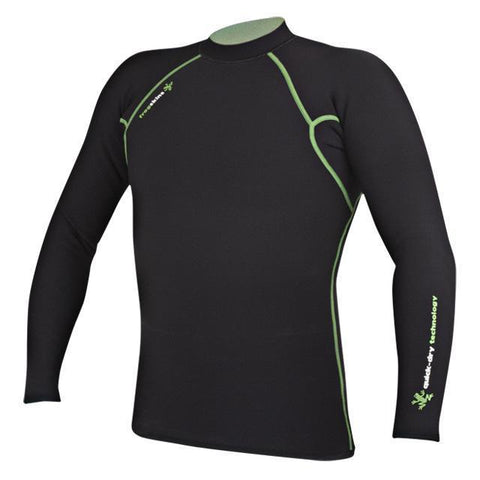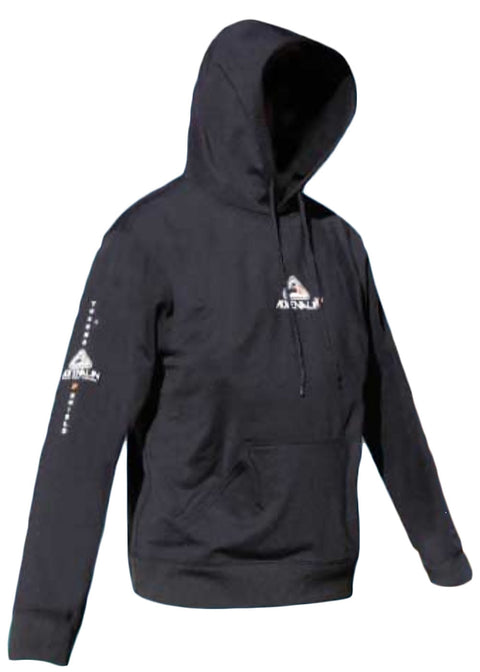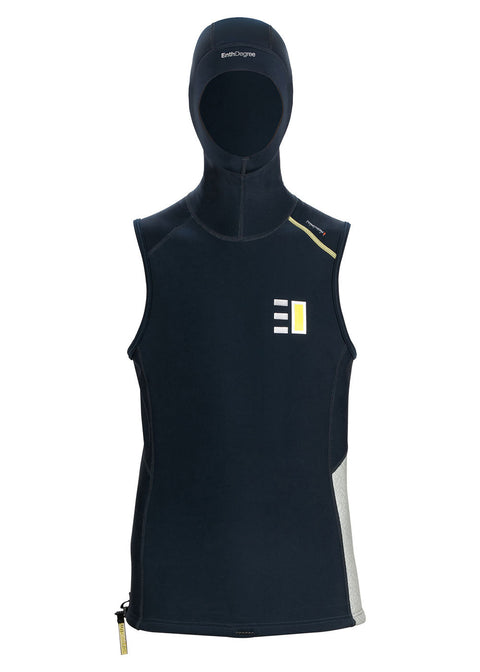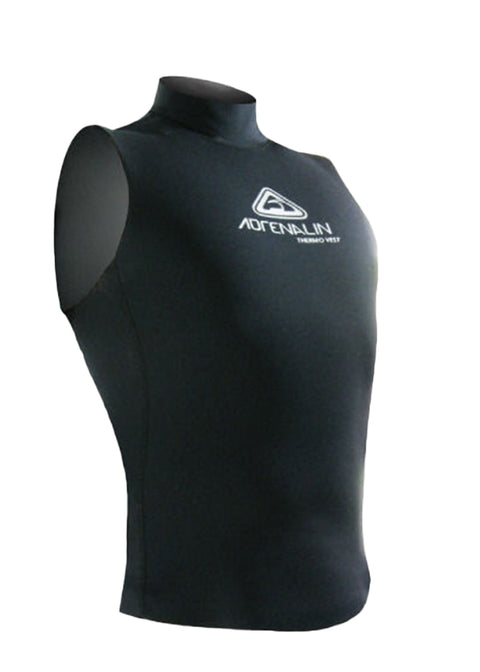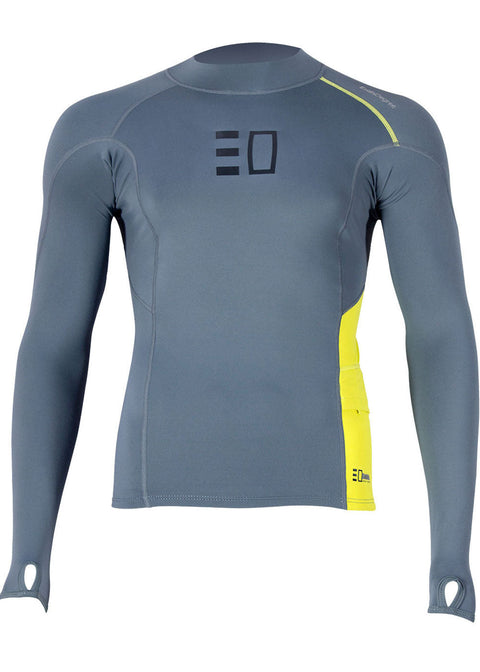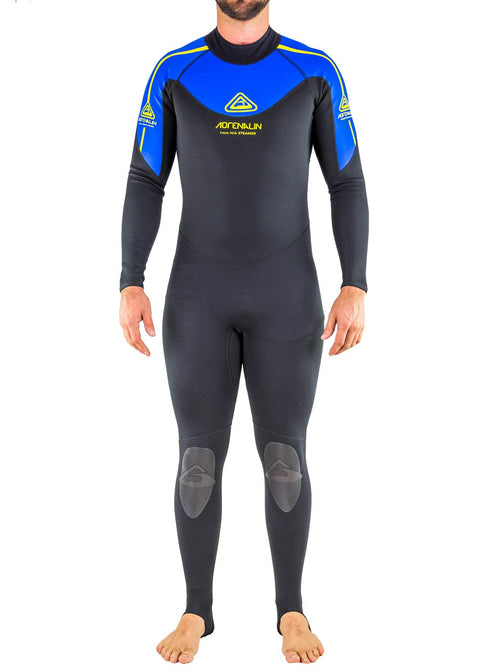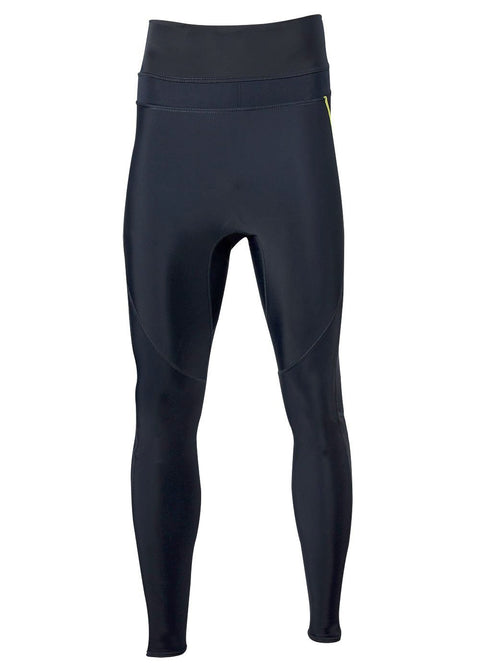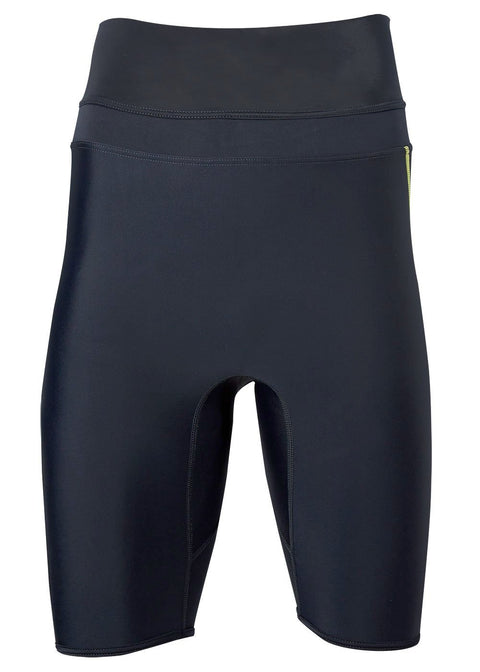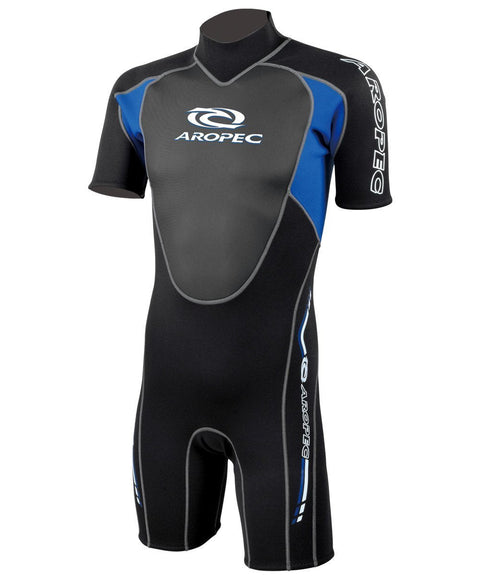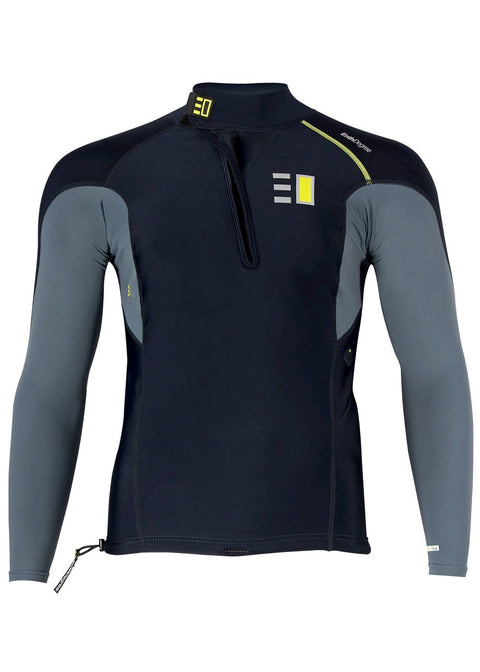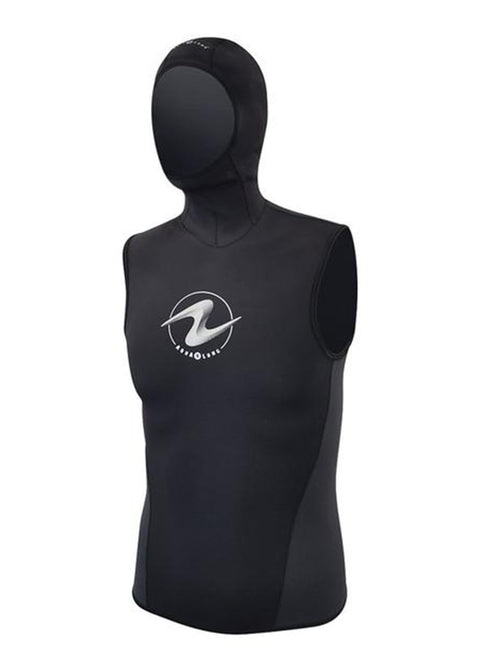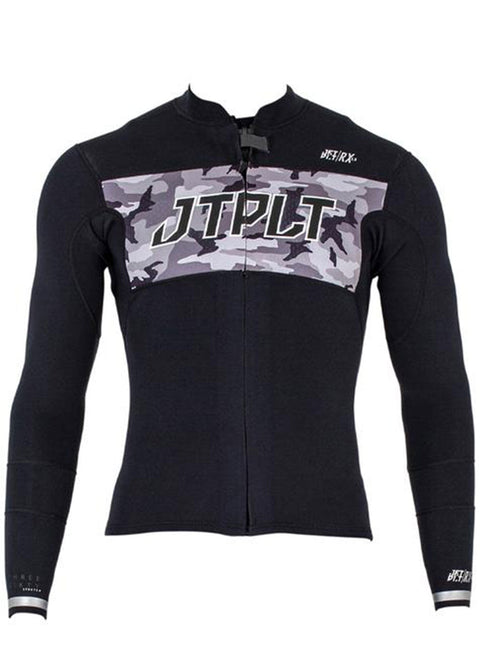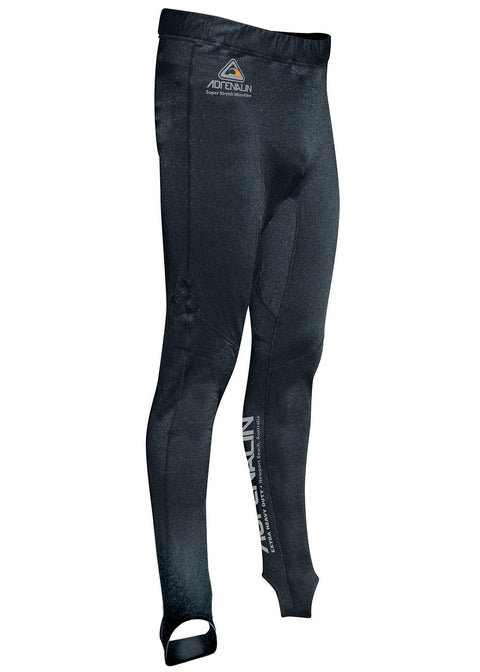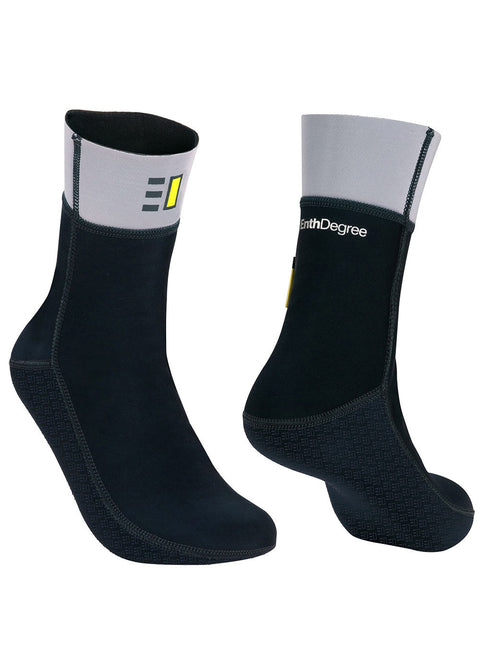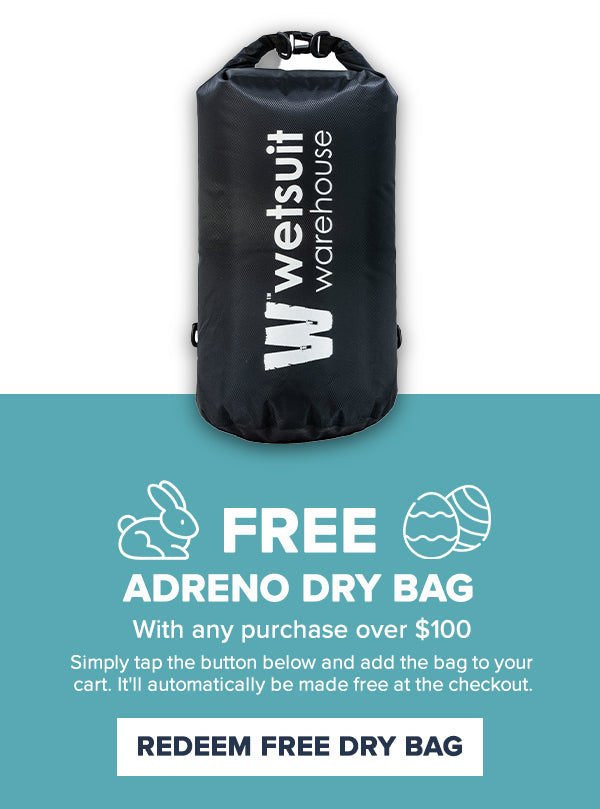Mens Obstacle Course Racing & Tough Mudder Wetsuits [OCR]
Obstacle Course Racing [OCR] racing, such as Tough Mudder, Spartan and Muddy Hell races, are exploding here in Australia and as we have more races in different... Read More

Mens Obstacle Course Racing & Tough Mudder Wetsuits [OCR]
Obstacle Course Racing [OCR] racing, such as Tough Mudder, Spartan and Muddy Hell races, are exploding here in Australia and as we have more races in different seasons the need to ensure optimum operating core body temperatures with a wetsuit or thermal becomes a serious factor. If your body is cold it'll engage a system called thermogenisis which is the body's mechanism that burns energy for the sake of increasing body temperature, a key function to all warm blooded mammals. This is a problem in OCR as it increases your metabolic rate [energy used over time] up to 5 fold, that means you're going to burnout substantially quicker and not hit your targets. Don't let yourself down because of poor apparel choice!
We've written an extensive guide to understanding the demands of wetsuits and thermals in OCR over on our blog so make sure to check that out if you're unsure of what you need or why you need it.
Key Elements of an Obstacle Course Racing Wetsuit
- Core Insulation: Warm vitals means warm blood and less energy consumed to maintain core body temperature. Shivering increases energy use 5 fold, so don't waste energy on keeping your body warm and you don't need to shiver to drastically increase your energy-consumption/metabolic rate [non-shivering thermogenesis for those that are interested...]
- High Stretch: Stretch of a wetsuit is important because it defines the amount of additional work created by the neoprene itself, a low stretch suit creates more work. Neoprene is highly stretchy but pails in comparison to human bodies/skin therefore a wetsuit makes all forms of movement more energy consuming.
- Durability: Mud, gravel and dirt are all substantially more abrasive than water, therefore the demands of OCR apparel is different to that of surfing or diving wetsuits. In our collection of OCR gear we have ensured these items have key durability features like Supratex knee panels, flat-lock seams and medium-density neoprene. [The lower the density, the more stretch but less durability]
- Wind-Chill Resistance: Being that you're rarely under-water the most important consideration is resisting wind-chill. All neoprene materials, except for 'smooth-skin coated neoprene' will hold a certain amount of water in the external weave. However smooth-skins are hydrophobic and actually repel water, that means water won't stick and hold to the outside of your suit, therefore drastically reducing wind chill. Generally smooth-skin coats are fragile but we've included only the most durable smooth-skins.
Materials in Obstacle Course Racing Wetsuits
- Neoprene: This is the standard wetsuit material and ranges in thickness from 0.5mm to 4mm [in the case of OCR wetsuits for Australians]. Neoprene is essentially rubber, making it very warm and a great insulator but can be quite 'stiff' and will resist your movement, in-turn having a negative impact on your power and stamina. It's the warmest but also the stiffest material so typically we recommend a john style wetsuit whereby there is no neoprene around your shoulders, just your torso and legs.
- Polyfleece: Polyfleece is a new-age technical fibre with high-stretch and hydrophobic properties. A polyfleece top will be both breathable and insulative but will not provide the same thermal protection that neoprene provides. From experience, a combination of polyfleece and neoprene will provide the best results, one that has neoprene around your torso and polyfleece on the sleeves.
- Lycra: Many of us are familiar with a rashie or a sunshirt which are typically made of Lycra of Elastane. Lycra has very limited thermal qualities and in certain conditions, where wind-chill factor is high, will actually cool you down more than being naked!


